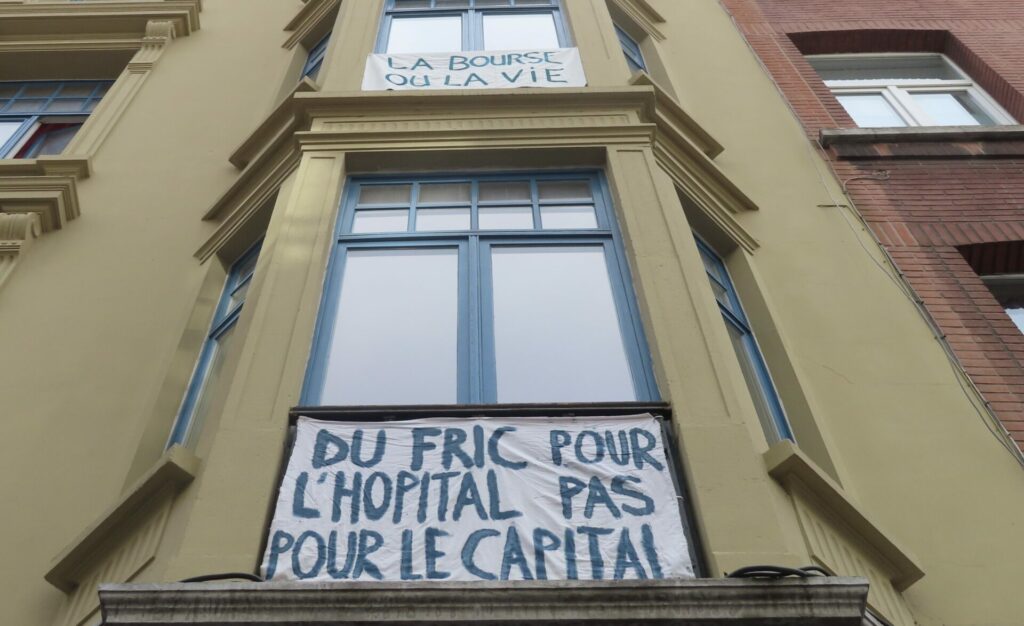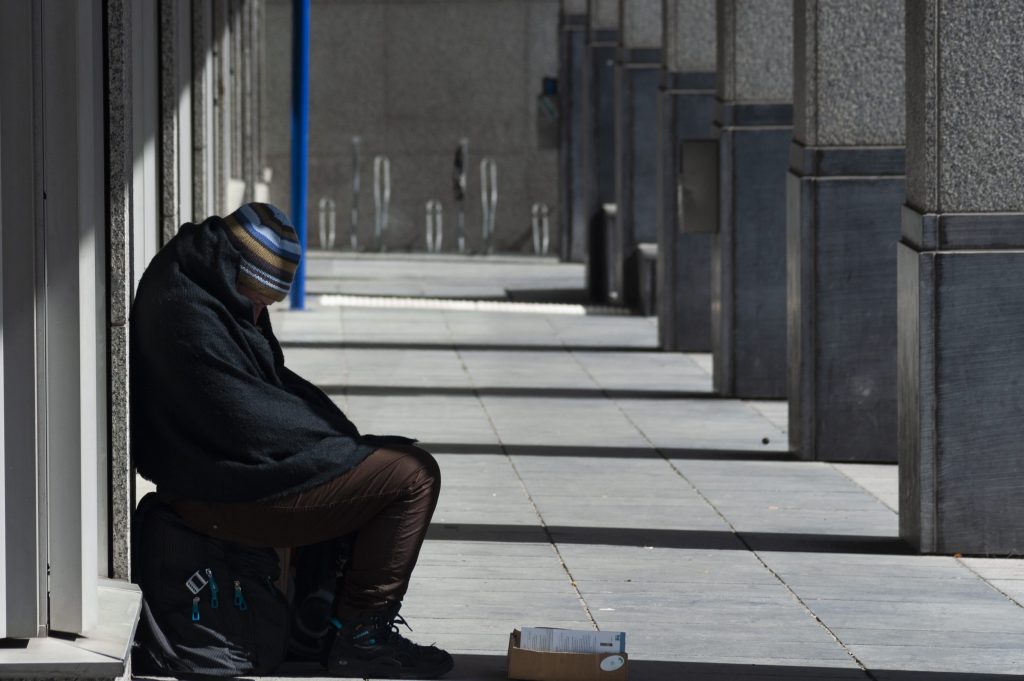A new study led by one of Belgium's leading economists, Arthur Apostel, reveals the extent of wealth inequality in Belgium and estimates that the richest 1% now owns 24% of the country’s wealth.
Published in the journal Ecological Economics, the study reveals that wealth distribution in Belgium is far more disproportionate than previously thought. Previously, economists had estimated that the richest 1% held around 19% of national wealth.
New calculations led by Apostel at KU Leuven draw on more recent and reliable data and find the actual figure to be much higher. The study also showed that a one-off wealth tax would pay for at least half of Belgium's total Covid-19 bill.
How would a wealth tax work?
A one-off wealth tax could yield up to €28.1 billion more in revenue than what Belgium's mainstream progressive parties are currently proposing.
Furthermore, the study states that “the super-rich would hardly feel (a wealth tax)." It added that even a 5% tax on the assets of everyone with a net wealth above €3 million (as proposed by Belgium's leftist PVDA party) would hardly dent the wealth of the country's richest who would still own 23% of all wealth in Belgium.

A banner in Saint-Gilles. Translation: 'The bank or life: money for the hospital, not for capital.' Credit: The Brussels Times / Ugo Realfonzo
A wealth tax would also reduce the country’s carbon emissions, with numerous studies showing how economic competition is responsible for an increase in more polluting activities rather than favouring less carbon-intensive practices.
The researchers highlight the potential of wealth taxes both for reducing the rampant social and economic inequality seen in many European societies as well as tackling the major environmental challenges that now face the planet at large.
Related News
- Mind the gender pay gap: EU Parliament votes on pay transparency
- IMF Covid-19 loans will hit the world's poorest with austerity measures
However, such proposals are almost always strongly opposed by conservative politicians. High net-worth individuals and companies invest millions in lobbying campaigns to water down policies that would touch their wealth.
As Europe opens up economies and industrial sectors, there is an acute need for tangible measures to prevent environmental damage and address the ever-widening gap between the rich and the poor.

